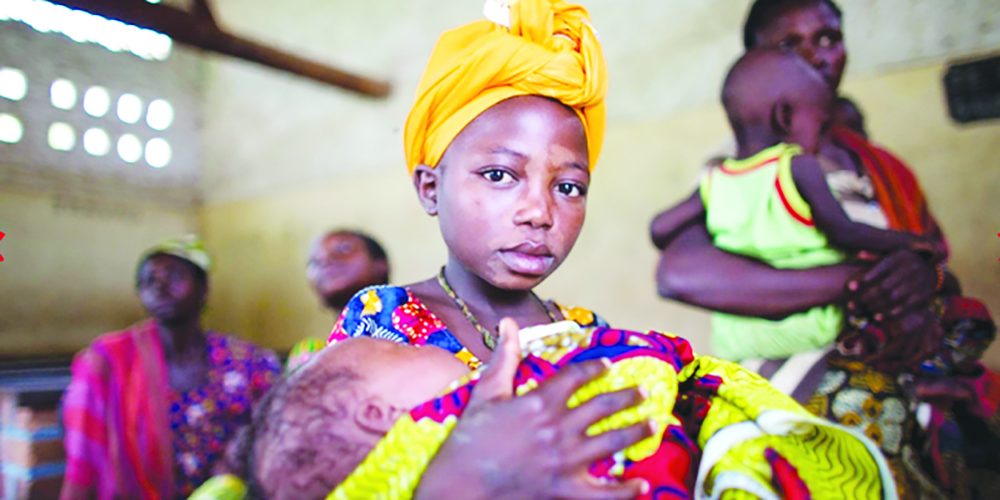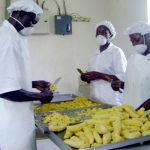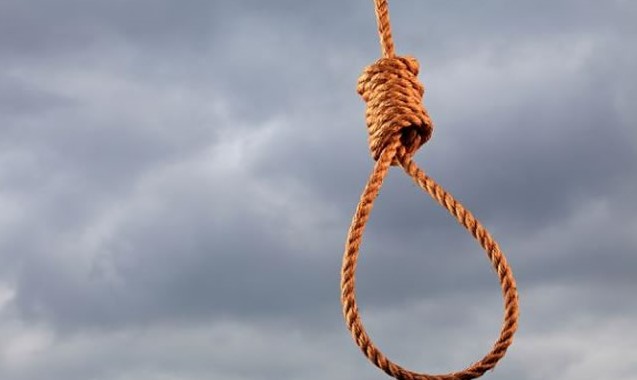Child marriages are a significant problem in northern Uganda, particularly in the Kitgum district. Poverty, harmful cultural practices, negative gender norms, and limited access to education have contributed to the prevalence of child marriages. The COVID-19 pandemic has further exacerbated this issue.
Local leaders and social workers have observed a growing number of children affected by child marriages. Many girls are being forced to drop out of school, depriving them of educational opportunities and a chance for a better future.
Negative gender norms and cultural beliefs that view girls primarily as potential wives are major factors contributing to this problem. During the COVID-19 lockdown, the situation worsened as families struggling with economic hardships sometimes resorted to marrying off their children to alleviate financial burdens.
Teenage mothers often find themselves in difficult situations, like working in harsh conditions at stone quarries, as they try to support their families. The consequences of early marriages weigh heavily on their future prospects.
Parents’ negative attitudes towards education have also played a role, with girls dropping out of school due to early marriages. Pregnancy often leads to societal pressure, forcing young girls to leave their families and move in with their husbands.
Limited funding and ineffective monitoring and accountability systems have made it challenging to enforce existing laws and policies against child marriage. The Ministry of Gender, Labour, and Social Development has acknowledged these issues and the need for improved funding for social development programs.
Efforts are being made to combat child marriages, including the establishment of a child helpline (toll-free line 116) for reporting cases of child abuse. The government is also working with child rights organizations and cultural institutions to address harmful cultural practices that contribute to early marriages.
The Ministry of Gender, Labour, and Social Development is committed to addressing this issue and partnering with communities to promote better practices and protect the rights of children.




















